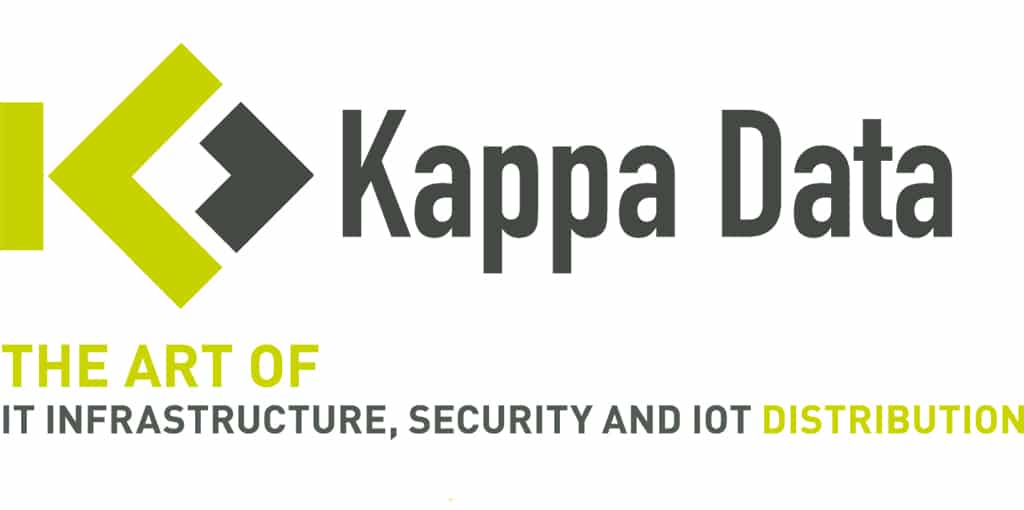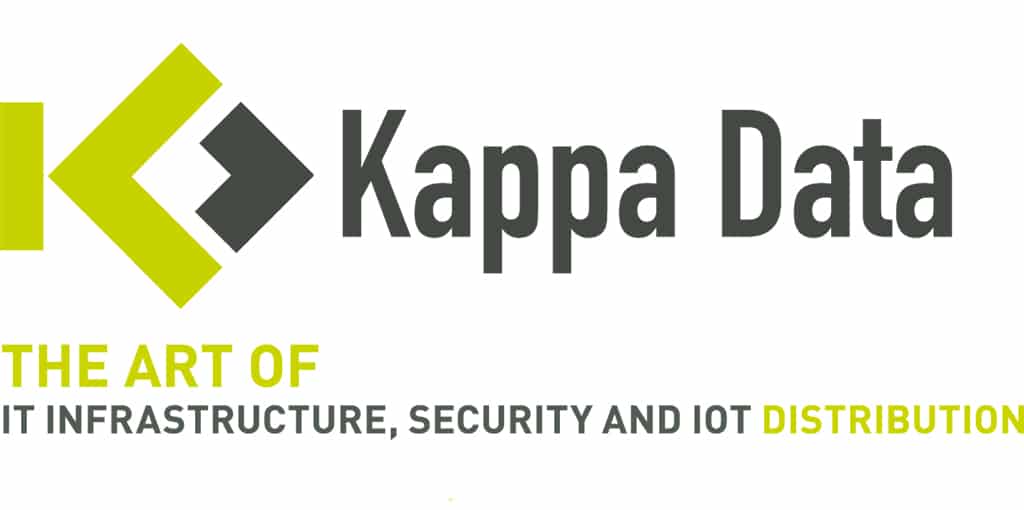
15 May Small businesses more vulnerable to cyber threats: Arm yourself against cybercriminals
Many people mistakenly believe that cybercriminals only target large companies to make large financial gains. However, nothing could be further from the truth. Recent research shows that 43% of all cyberattacks are targeted at small and medium-sized enterprises (SMEs). Even more worrying is that 60% of companies that have been victims of cyberattacks are forced to cease operations within six months due to the devastating financial consequences. Whalebone Immunity plays a crucial role in combating these cyberattacks
Minimal security makes SMEs ideal targets
One of the main reasons behind cyberattacks on SMEs is the belief that their networks and databases are often inadequately protected. Many people think that hackers have no reason to attack them. Large companies, on the other hand, typically invest heavily in robust security measures, making planning and executing attacks a complex and uncertain undertaking. As a result, hackers often choose smaller targets with a greater chance of successfully stealing sensitive data or making financial gains.
Increasing complexity of cyberattacks
A comprehensive study by Sophos shows that the threat is increasing. Cyber attackers use more than 500 different tools and techniques to steal data and money from all kinds of businesses. With the constant increase in cyberattacks, it is more important than ever to protect your company’s network.
Protecting companies of all sizes
Even companies without dedicated IT departments can take essential steps to secure their operations. There are two fundamental pillars of protection that can make a big difference, even for companies with limited technical resources:
Prevention:
By ensuring that employees are well-informed about online scams, they are less susceptible to this type of fraud. Keeping software up to date is essential to close known attack vectors, while strong passwords provide an extra layer of security. 24/7 integrated antivirus and firewall protection on all company computers can filter out many threats. However, given the increasing complexity of attacks, it is crucial to implement a maintenance-free network-level security solution. This type of solution does not require installation on user devices and effectively protects mobile devices and IoT devices, which are increasingly becoming targets. DNS security, for example, can identify malicious domains so that employees do not fall victim to scam emails or SMS attacks.
The Domino effect of data leaks:
The greatest danger of cyberattacks is the theft of sensitive business and customer data, such as financial information, accounts and login credentials. This stolen data can be misused in a variety of ways, such as breaches of intranets, infiltration of databases, or attacks on individual employee devices. Attackers often sell this data on hacker forums, which can trigger a series of subsequent attacks.
Protecting Sensitive Data
Protecting sensitive data is of paramount importance. This can be achieved through continuous monitoring of publicly accessible sources or by subscribing to a service that tracks the sale of data on the dark web (Identity Protection). Alerts can be sent immediately when sensitive data is discovered that is related to a user’s domain.
The Risk of Paying Ransom
Ransomware attacks are the second most common type of cyberattack. Cybercriminals gain access to a company’s database, encrypt it, and demand payment for restoring access. However, paying the ransom does not guarantee that the data will be recovered. In 2021, only 58% of companies that paid the ransom actually got their data back, while 32% had to pay an additional ransom for access. In addition, the amounts demanded are significant, with a global average of €190,000 in 2022.
Exploiting Human Error Through Phishing Attacks
Phishing, smishing, spearphishing, and homograph or punycode attacks are the main methods cybercriminals use to gain access to corporate databases. These attacks involve using emails, text messages, and chat messages that convincingly mimic trusted sources, such as company CEOs, service providers, or well-copied automated internal system messages. Through these “social engineering” attacks, users are manipulated into revealing their login or payment details, which can lead to data breaches that compromise entire corporate networks.
Comprehensive Network Security Solutions
A common misconception is that firewalls and antivirus software are sufficient to protect a business. These programs do form the base layer of a broader security architecture. Effective defense requires network security that can fend off more sophisticated attacks, such as DNS tunneling (DNS spoofing), zero-day threats, and attacks on IoT devices.
The Role of Network-Wide DNS Security
An advanced solution is network-wide DNS security, such as Whalebone Immunity. This solution does not require special hardware and secures your entire network immediately after the two-week free trial is set up (usually takes 2-3 hours). It works without installing software on employee devices and provides network administrators with detailed insights into DNS traffic, down to individual devices or users.
In addition, Immunity protects remote employees who work from home or in other locations, including unprotected environments such as cafes or while on business trips. The included ‘Identity Protection’ feature not only alerts you to new data leaks but also to sensitive data stolen and related to your domain in the past 20 years. Watch a short video on how Immunity protects your network, schedule a demo call, and take advantage of a 14-day free trial.
Protect your business from cyber threats with Whalebone Immunity today. Contact [email protected] for more information.



No Comments